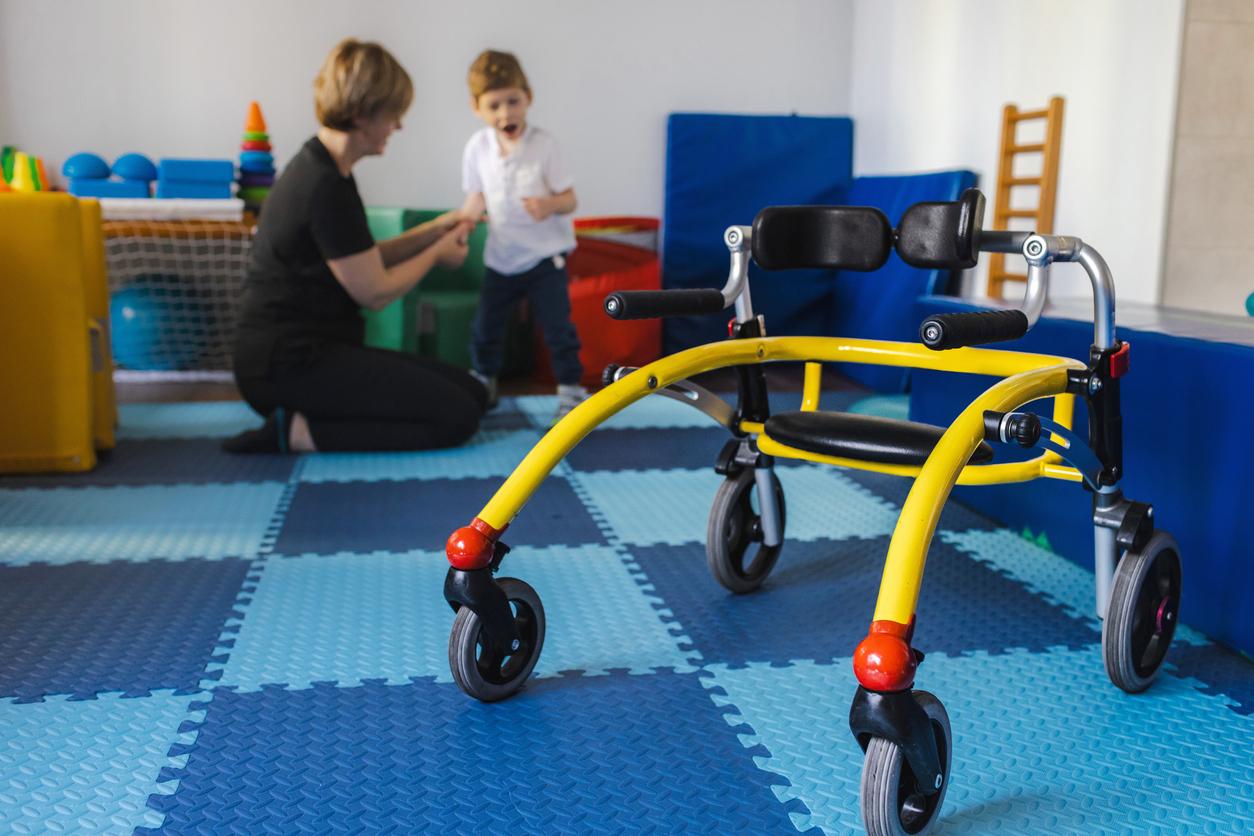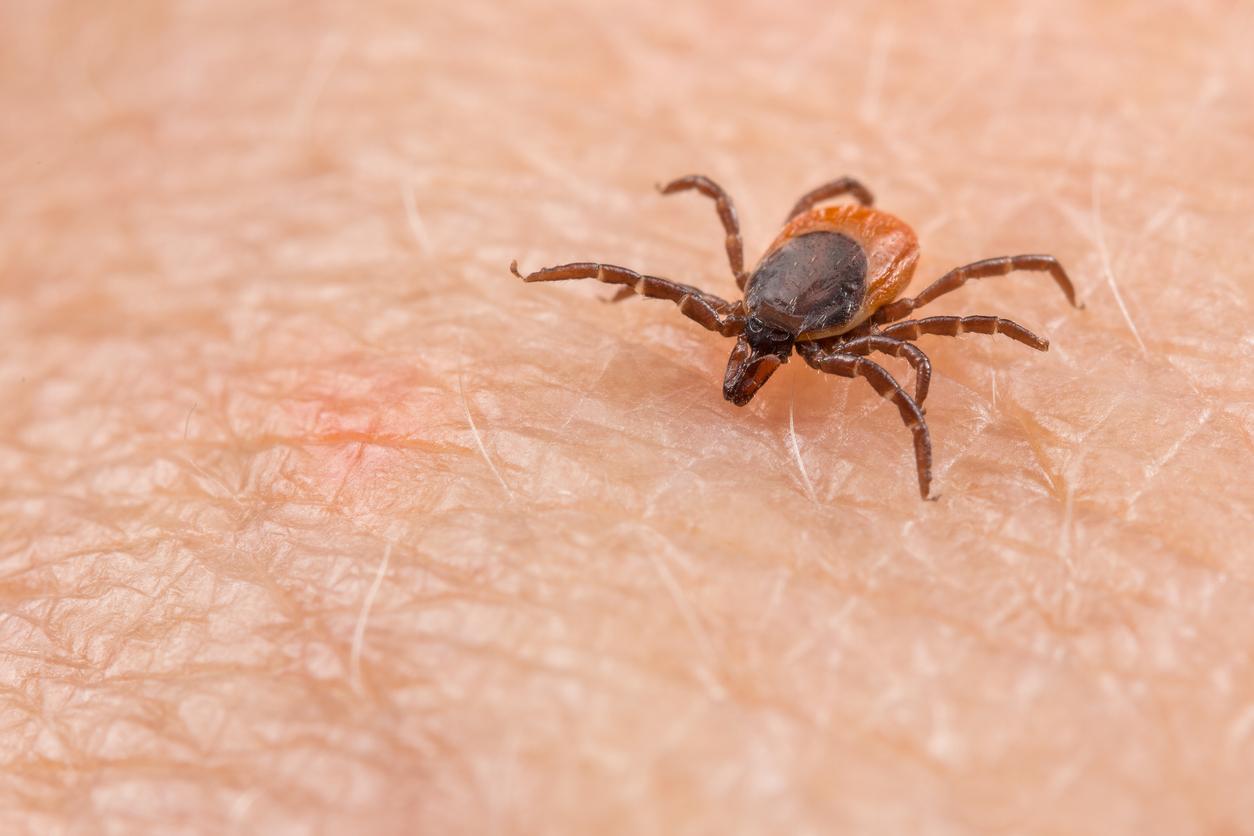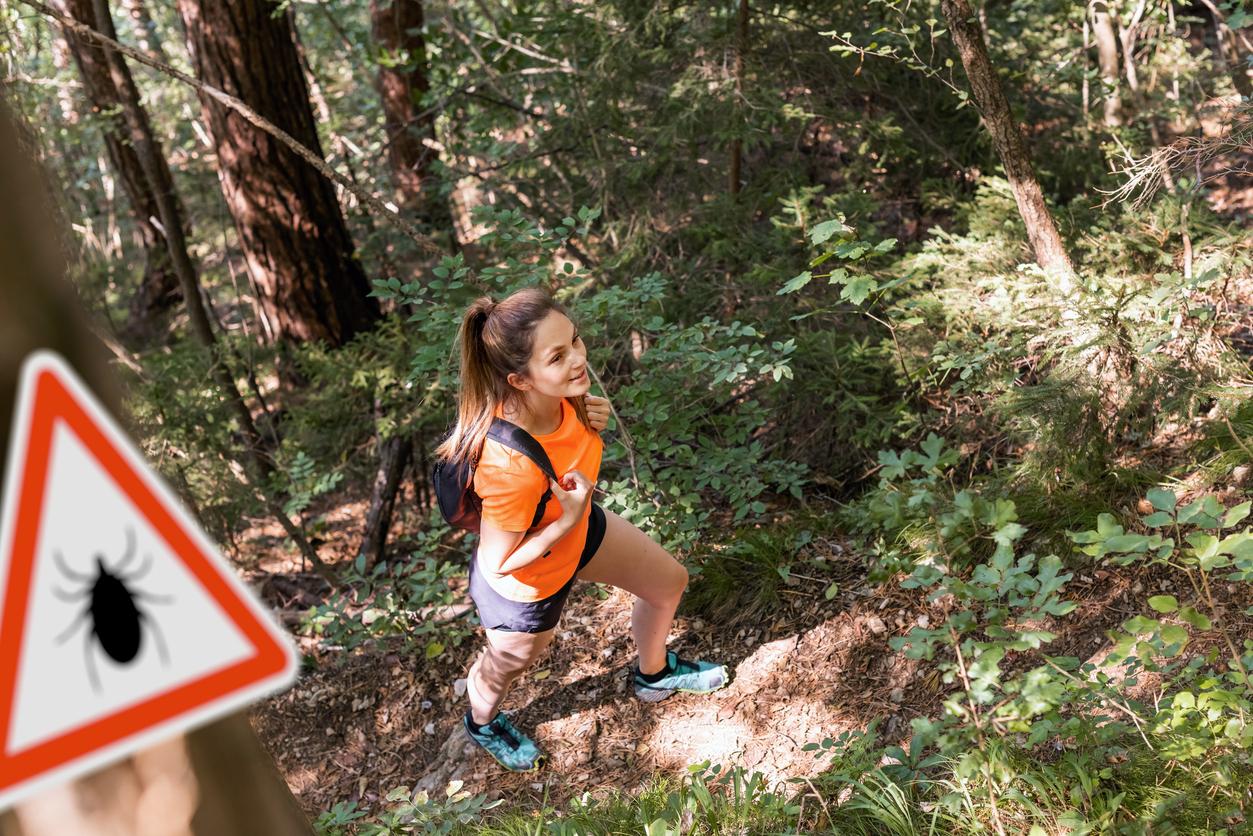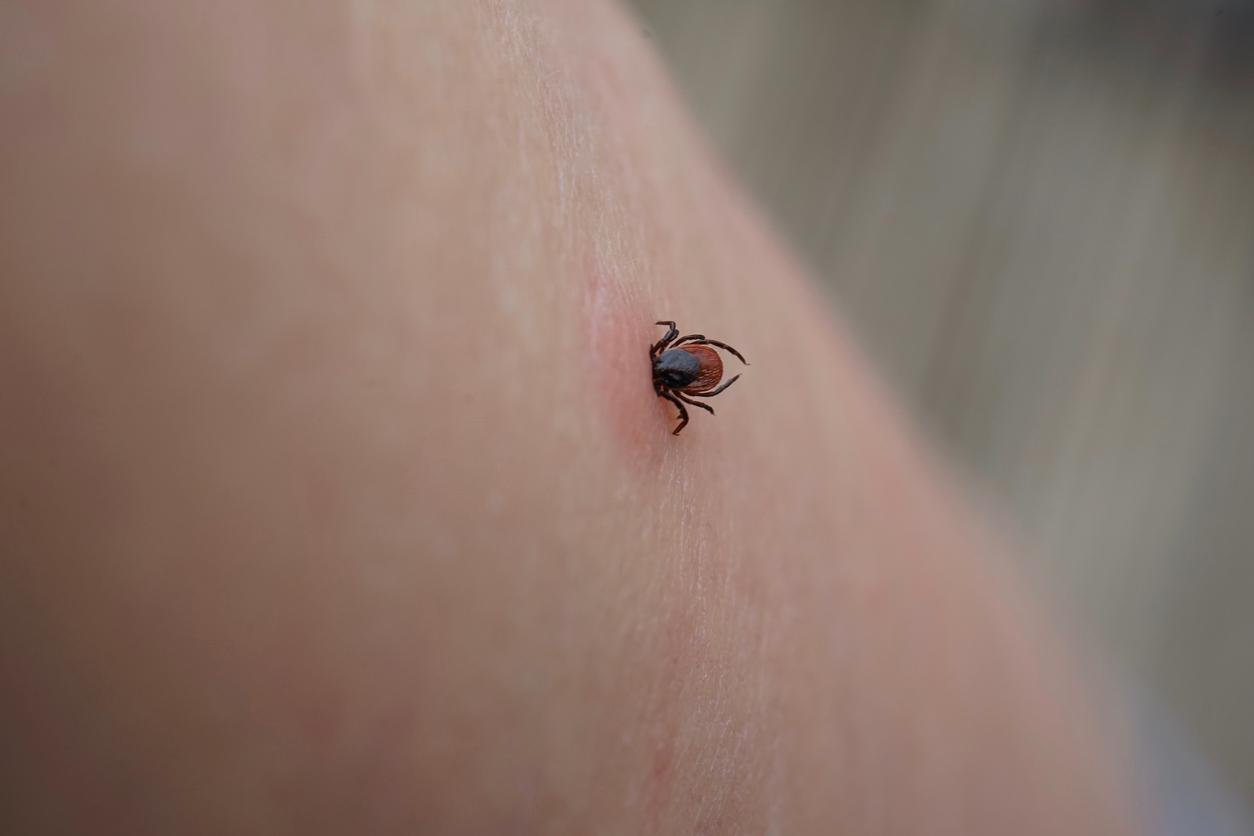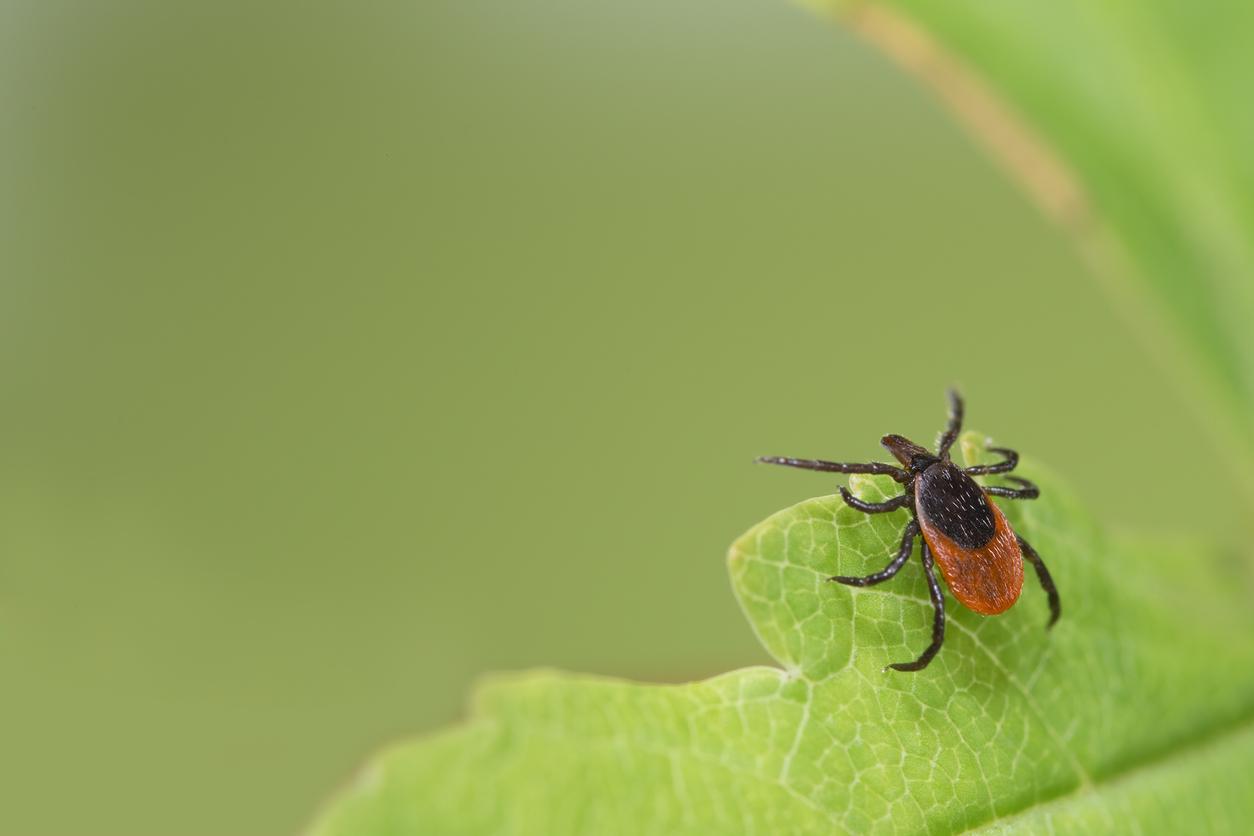In Colorado, a seven-year-old girl suffered a rare form of paralysis after being bitten by a tick while camping. Her mother posted a warning message on Facebook.
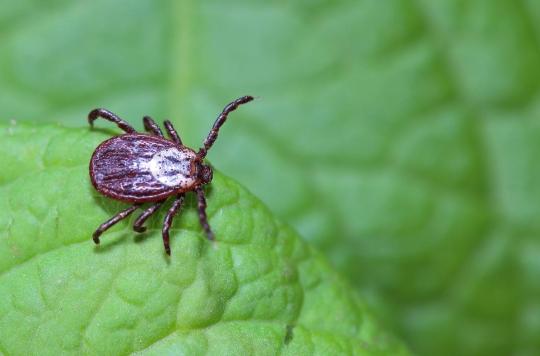
“It took me a week to write this, it was so scary, but I want to tell my friends who have kids in their lives to be on alert.”
Here is how the message that Heidi Ganahl posted on Facebook on Sunday June 23 begins. This mother residing in Colorado (United States) had the fear of her life: Jenna, her seven-year-old daughter, developed paralysis after being bitten by a tick during a camping trip. On Facebook, Heidi Ganahl says that after a night in a tent, she discovered ticks hidden in her daughter’s hair. “I took them out, called the doctor and kept an eye out for the bite wounds.”
But a few days later, the little girl started to feel bad. Ten days after going camping, Jenna had her foot and shin paralyzed. Worried, her mother then decided to take her to the hospital.
Life-threatening paralysis
There, Heidi learns that her daughter is suffering from tick paralysis, an infectious disease caused by a neurotoxin produced in the salivary glands of ticks. If the tick remains attached long enough or if part of the tick is not removed, then the toxin can transfer to the host.
Symptoms include anorexia, lethargy, muscle weakness, decreased motor coordination, nystagmus (uncontrolled jerky eye movements), and paralysis. In some cases, respiratory failure may occur. Tick-induced paralysis can be fatal, but is reversible if removal of the tick(s) is done quickly.
What fortunately happened to Jenna: when removing the tick, part of her head had been left in the scalp. Doctors removed her and the paralysis disappeared within 24 hours. “It was a terrifying 12 hours as we waited to see if they were able to remove the tiny piece of tick that was left on it to produce the toxin,” her mother wrote.
What to do in case of a tick bite?
Today, little Jenna is out of trouble. But his mother wanted to alert the parents of other children in this summer season, conducive to the proliferation of ticks in gardens and wooded areas. “I’ve learned more about ticks than I ever wanted to. The wet weather makes it an ideal season for ticks. Examine your children often and if you find one, remove it quickly with a tick remover then disinfect the wound to clean it thoroughly with soap and water. Make sure you have everything removed, then watch for symptoms for 14 days. Take it seriously,” concludes Heidi Ganahl.
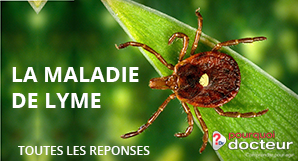
.










